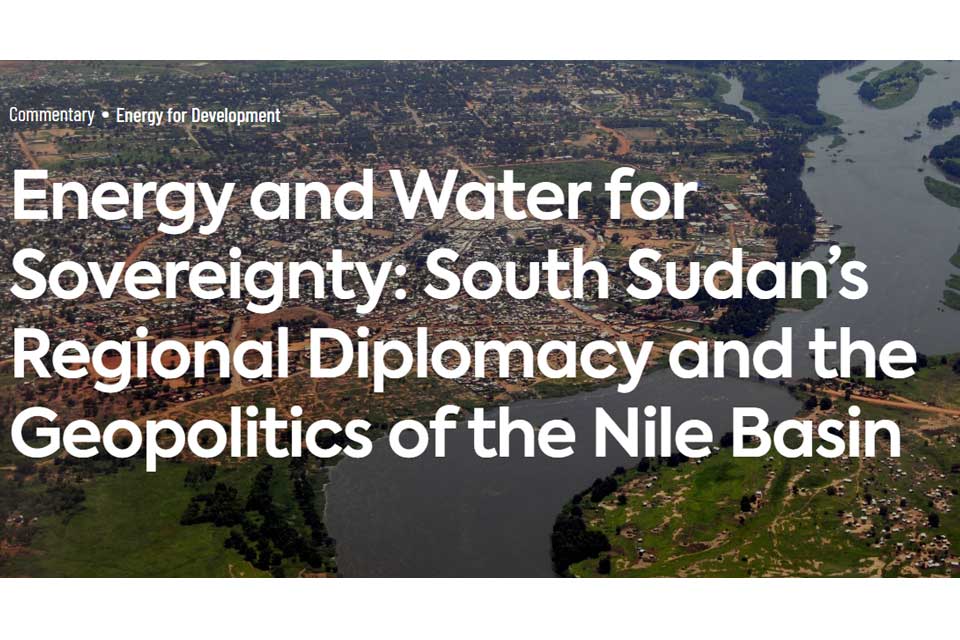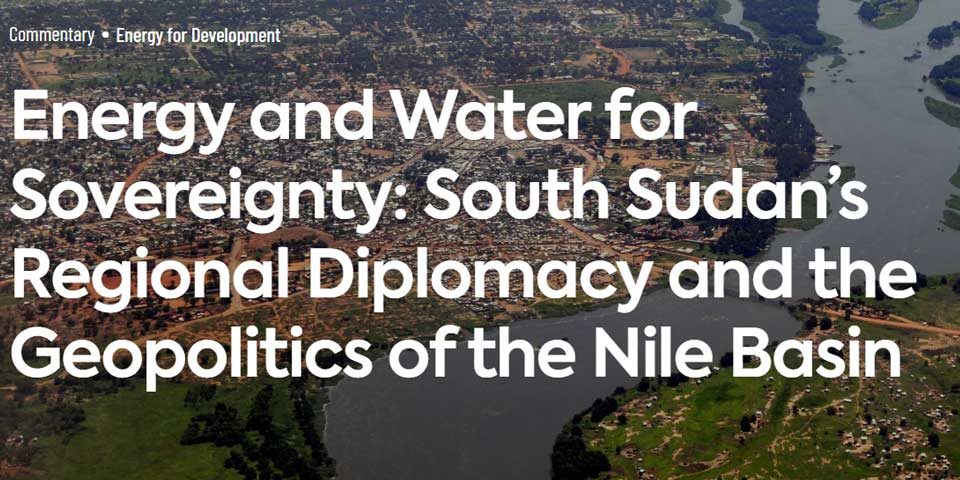11 million South Sudanese citizens continue to experience water, energy, and food insecurity.

Grievances over how to manage water, land, and oil played an indispensable role in three long civil wars (1956–1972, 1983–2005, and 2013–2018) that have left the citizens of South Sudan highly vulnerable to economic and environmental shocks. Trust between the population and the state and between rival politico-military elites is extremely low, and the state of the country’s infrastructure and public finances is disquieting. Remarkably, however, in view of such institutional fragility and violent internal divisions, South Sudan’s leadership has positioned itself as a strategic actor in regional petropolitics and hydropolitics.





